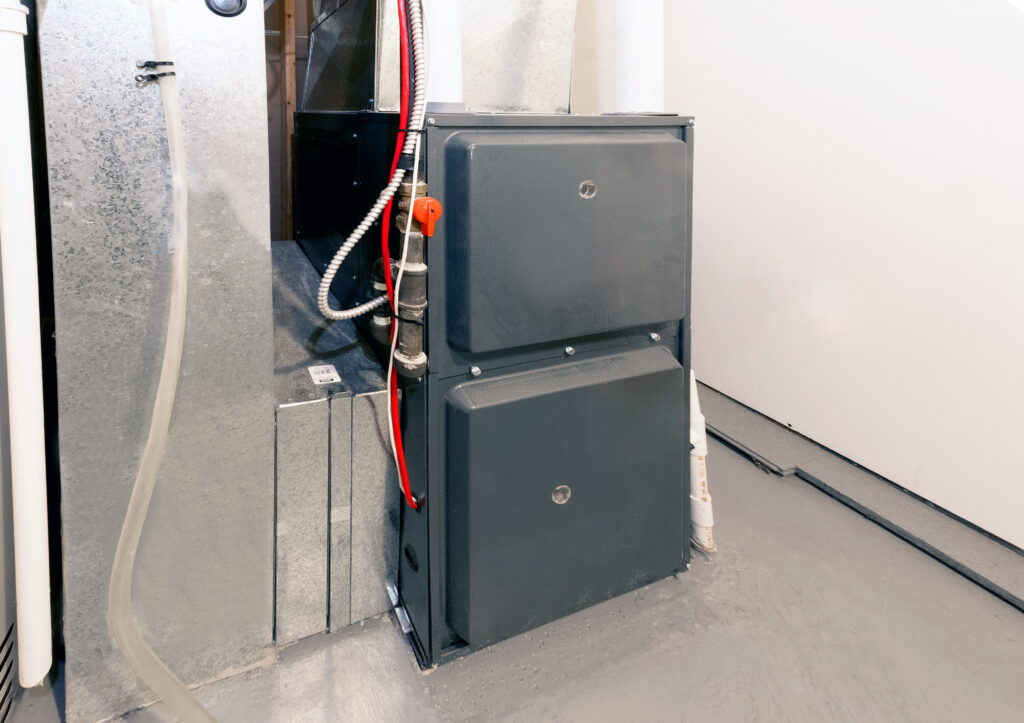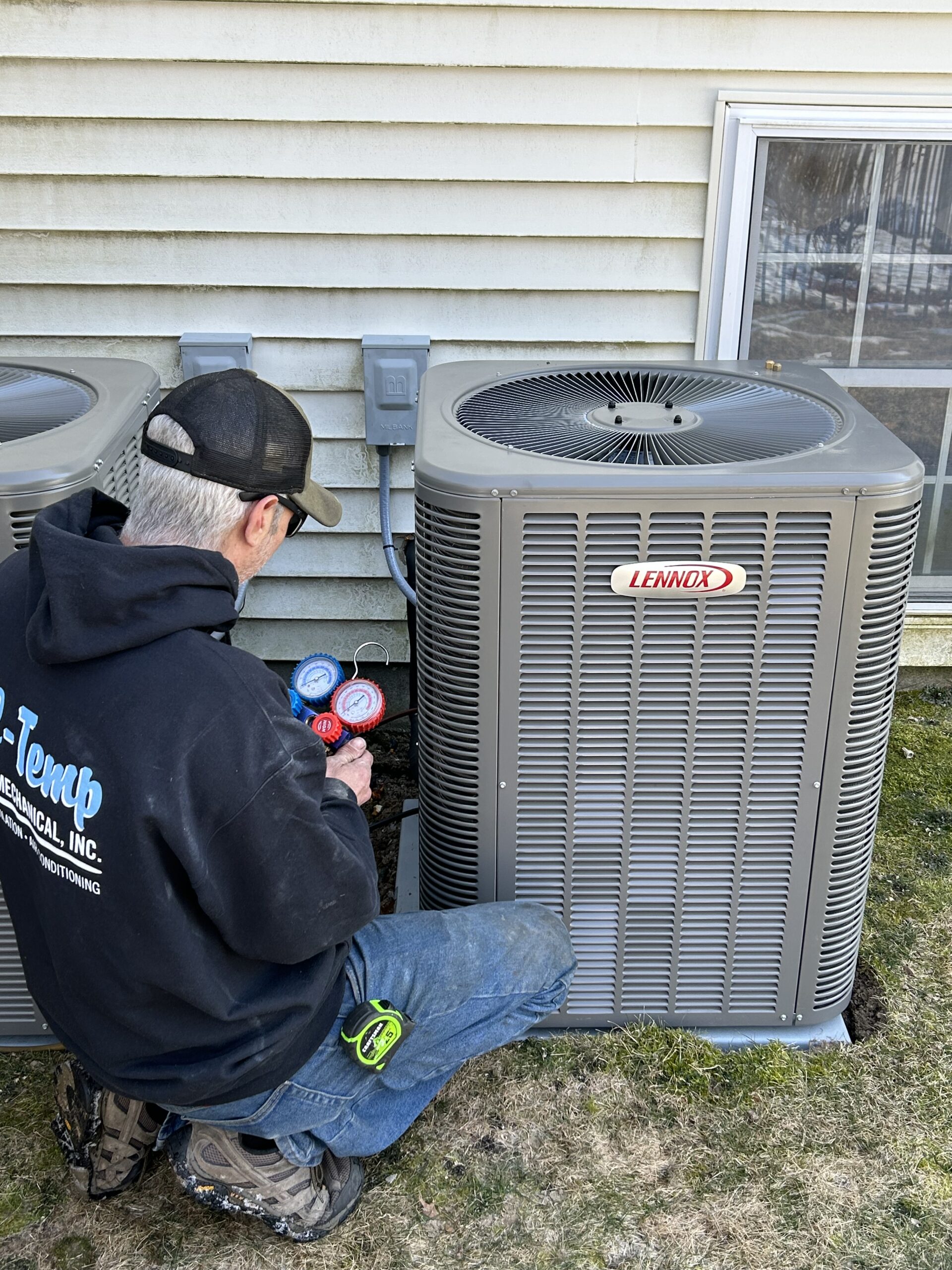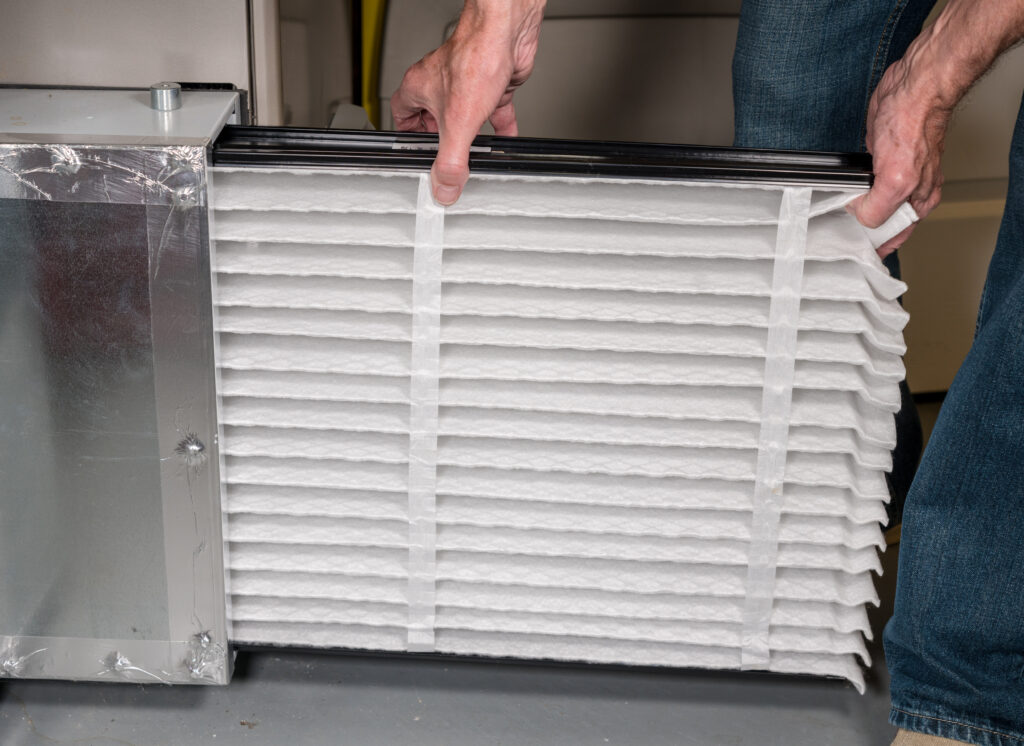
When winter settles in across Central Massachusetts, having the right heating system makes all the difference. As energy prices continue to fluctuate and technology continues to evolve, homeowners in Milford and surrounding towns often weigh their options between electric and oil heating. Choosing the right system for your home depends on multiple factors, including energy efficiency, upfront and long-term costs, reliability, and how well it can stand up to the demands of a New England winter. As Central Massachusetts’ preferred HVAC company since 1982, we’re breaking down the pros and cons of each so you can make a confident decision.
Electric Heating: Pros and Cons for Central MA Homes
Electric heating has come a long way in recent years, and it’s becoming more common in areas where homeowners prioritize clean energy and low maintenance.
Pros of Electric Heating:
- Energy efficient in well-insulated homes: This makes electric heat a great match for newer construction or homes that have been weatherized and sealed against drafts. You’ll get the most out of electric heating when your system isn’t working overtime to make up for heat loss.
- Lower installation costs: Electric heaters typically cost less to install than oil systems, especially if your home already has the necessary wiring in place.
- Low maintenance requirements: With fewer moving parts and no need for fuel delivery, electric systems require less frequent servicing.
- Safe and quiet operation: There is no combustion process, which eliminates the risk of carbon monoxide and makes for a quieter system.
Cons of Electric Heating:
- Higher operating costs: Electricity is typically more expensive than oil per unit of heat, which can make electric heating more expensive during harsh winters.
- Slower heating response: Some electric systems take longer to warm a home compared to oil-based systems.
- Dependent on power grid: In Central Massachusetts, winter storms can knock out power for hours or even days. Without a generator, you cannot receive any heat during critical times.
The bottom line: Electric heating may be a good option for homes in Milford that are well insulated, smaller in size, or already wired for electric systems.
Oil Heating: Pros and Cons in Milford, MA
Oil heating is a tried-and-true option that continues to be popular in many New England homes, especially in older houses that were originally designed for it.
Pros of Oil Heating:
- Powerful and consistent heat: Oil systems produce a higher BTU output, which means they can heat larger spaces more quickly and maintain warmth during extreme cold.
- Reliable performance in cold climates: Unlike heat pumps or some electric systems, oil furnaces and boilers handle freezing temperatures with ease.
- More fuel flexibility: Having multiple local suppliers gives you more control over fuel pricing and delivery timing. This flexibility is especially helpful during high-demand months when prices and wait times can fluctuate.
Cons of Oil Heating:
- Requires a storage tank: Oil heating needs an on-site tank, which must be refilled regularly and inspected for leaks or corrosion. This also means you’ll need space on your property for the tank, and you’ll need to monitor fuel levels throughout the season.
- Higher maintenance needs: Oil systems require regular cleaning and inspection for safe and efficient operation.
- Fluctuating fuel costs: Oil prices can vary dramatically throughout the year, making budgeting less predictable.
The bottom line: If your Milford home already has a functioning oil tank and system in place, upgrading or maintaining that system may be more cost-effective than switching to electric.
Comparing Costs and Efficiency in Milford’s Climate
Before making a decision, it’s helpful to look at how electric and oil heating stack up in the areas that matter most to homeowners. From installation to operating costs, here’s a closer look at how the two systems compare in Central Massachusetts:
Upfront Installation Cost:
- Electric: Generally lower, especially in homes already wired for electric heat
- Oil: Higher due to tank installation and more complex equipment
Operating Costs:
- Electric: Higher monthly costs due to electricity rates
- Oil: Variable depending on market fuel prices, but often cheaper per BTU
Maintenance:
- Electric: Minimal maintenance required
- Oil: Requires annual servicing to maintain performance and safety
Lifespan:
- Electric: 20 to 30 years with proper care
- Oil: 15 to 25 years, depending on maintenance and fuel quality
Energy Efficiency:
- Electric: Up to 100% efficient
- Oil: Typically 80-90% efficient, but new models are improving
The bottom line: Home heating is not one-size-fits-all. Many Milford homeowners find that oil heating offers more power and flexibility, while electric heating is a simpler option with fewer maintenance demands. If you’re planning for the long term, consider not only the cost of fuel, but also the age of your home, your comfort preferences, and whether energy efficiency or independence from fuel deliveries matters more to you.
Choosing the Right Heating System for Your Milford Home
With All-Temp Systems Mechanical, LLC in your corner, you don’t have to make the decision alone. We’ve been helping Milford-area homeowners find reliable, efficient heating solutions since 1982. We service and install both oil and electric heating systems and offer a full range of heating services, including furnace repair and boiler services. As a family-owned and -operated business, we provide free replacement quotes and 24/7 emergency services. Our team is highly trained and, above all, committed to helping you make the best choice for your home.





